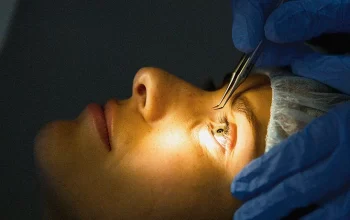While there are many health benefits to Down syndrome, it also comes with certain risks. Many babies born with Down syndrome have certain medical issues, including heart defects, gastrointestinal problems, lax joints, and loose hip joints. Some children with Down syndrome also have reduced immunity, so they may need additional care for common medical problems. Antibiotics may be necessary for certain children with Down syndrome, but they should be used only when necessary.
Pregnancy can also cause Down syndrome. This genetic disorder is more common in older people than in younger ones. In fact, some research suggests that pregnant women over 35 are at higher risk of developing Down syndrome than those younger than 25. In the United States, a baby born with Down syndrome has a one-in-one-hundred percent chance of having it. Despite this, there are some ways to tell if you’re pregnant.
Children with Down syndrome often have nasal passages that are narrower than those of other children. This makes them more vulnerable to respiratory conditions, including asthma and chronic coughs. They can experience poor sleep due to upper airway obstruction, which can lead to stress and fatigue. If your child has a disorder called sleep apnea, it may be necessary to remove their adenoids and tonsils. Medications for these conditions can also help.
Genetics are passed on to children through two parents, and each pair carries 23 pairs of chromosomes. Down syndrome is caused when one of the chromosomes gets separated, so the child is born with three copies of chromosome 21. Scientists do not know why this happens, but they do know that it increases with age. As a result, the symptoms of Down syndrome can be quite severe. Thankfully, early intervention can significantly improve a child’s quality of life.
In addition to these physical challenges, people with Down syndrome can also face mental health problems. Children with Down syndrome may be more likely to contract infections of the respiratory system, as well as eye and ear problems. Some may even be at high risk for leukemia. Kids with Down syndrome may develop and grow at a slower rate than their peers, and they may even start walking later than other babies. Special help may be necessary to improve their skills.
Testing for Down syndrome is usually done after birth. Providers will check for common physical characteristics of people with Down syndrome and send a blood sample to a laboratory for further testing. People with Down syndrome may have small hands or feet and their pinky fingers may curve toward the thumb. The doctor will also check for extra skin at the base of the neck, which may be an indication of Down syndrome. The results of both tests will be used to calculate a person’s risk of having the condition.




